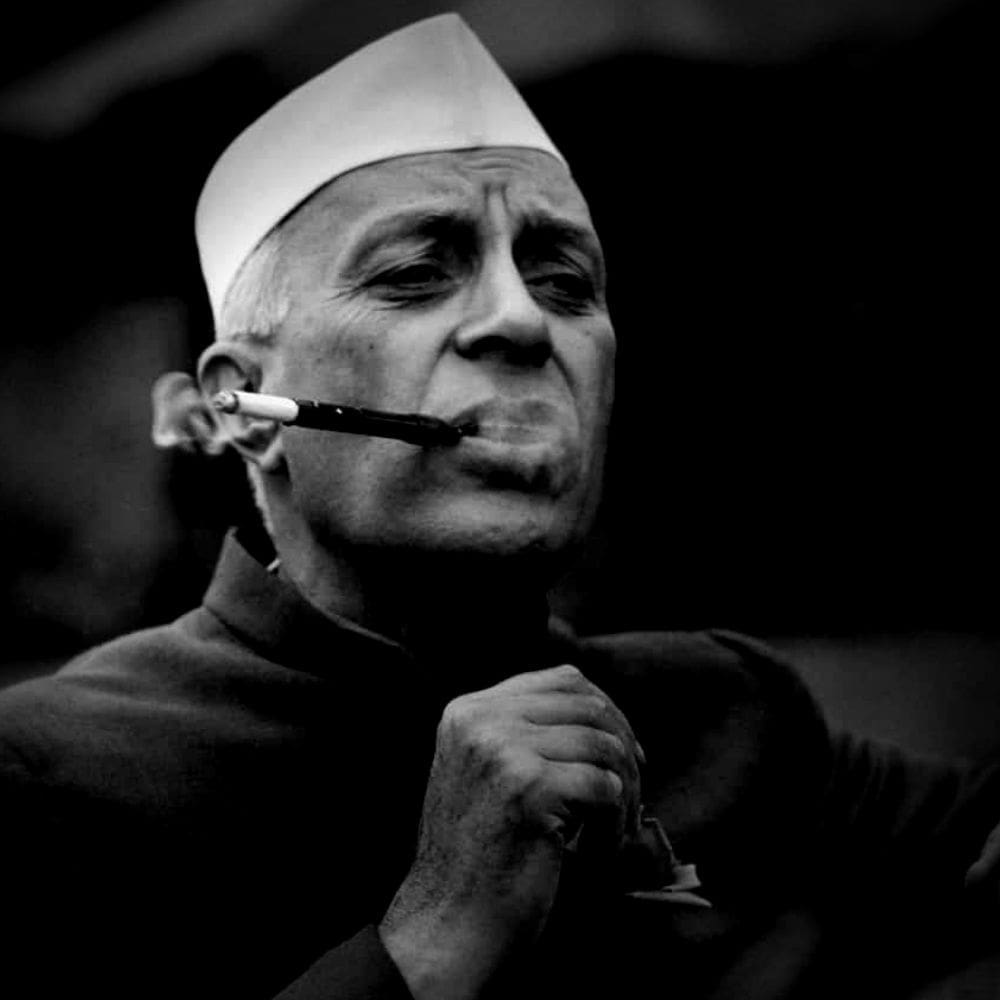COMMUNAL, VOTE-BANK POLITICS
Congress which tom-toms its secular credentials started its communal politics from the Nehruvian era itself. Massive Muslim migrations from East-Bengal were ignored to get Muslim votes to win elections in Assam.
When asked, Nehru had advised even a person of the stature of Maulana Azad to contest elections from a predominantly Muslim area, despite Zakir Hussain’s hang-ups, keeping in mind the secular faith of the Congress— vote-bank politics took precedence.
Since the Nehruvian times, Congress played on the insecurity of dalits and Muslims to get their votes, without really doing anything concrete to make them feel secure and equal citizens of independent India. Neither the exploitation and ill-treatment of dalits was stopped, nor the communal riots halted, nor were they offered better economic opportunities. In short, the Nehru-Gandhi-Dynasty-perpetuation formula is this: Talk secular always, but play communal politics to get votes.
Project Congress as pro-poor, pro-minority, pro-dalit and pro- disadvantaged. However, let the poor remain poor forever, and let the minorities and dalits feel insecure forever—how else to get their votes?
Wrote Durga Das: “But Azad revised his opinion of Nehru in the last two years of his life… Towards the end of his life, Azad realised that the best protection for the Muslims was the goodwill of the Hindus and a strong government. He told me…that Nehru’s policies had weakened the administration and that his economic theories had failed to improve the living conditions of the people, especially the Muslims.”


